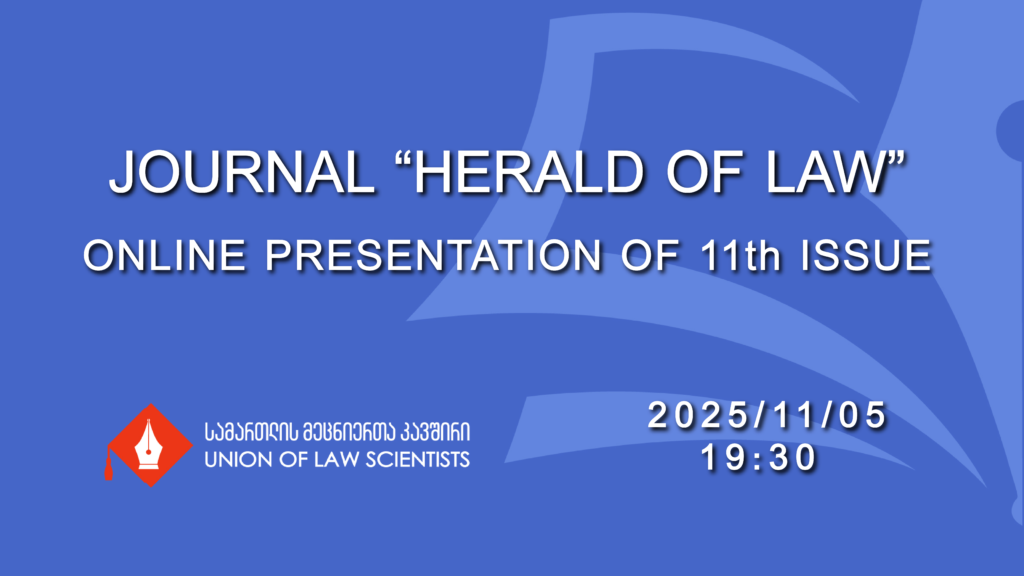Overview of national legislation and international practice during an emergency on the example of the Covid-19 pandemic
Abstract:
The aim of the study is to analyze national legislation and international practice on the example of Covid pandemic and draw relevant conclusions. Research has shown that the declaration of a state of emergency due to a pandemic is provided for in most constitutions, in which case states have an obligation to ensure the restoration of constitutional order in the country. The issue is extremely important because the state of emergency affects human rights and the constitutional order as a whole. Although most democracies had an orderly legal framework for managing epidemic and pandemic situations, they still needed to introduce additional regulations, which is understandable because the Covid pandemic was notable for its scale and high prevalence. Most democracies declared a state of emergency for a short time and then returned to normal legislation. Georgia has also faced this challenge, but due to an imperfect and unsystematic, disorganized legal framework, we have received a chaotic declaration of a state of emergency. It was obvious that national legislation was not ready for a pandemic situation, so we got a wide delegation of powers over the executive and a fairly extensive list of resolutions. Countries that had a well-regulated legal framework had a low mortality rate, which once again underscores the importance of having a well-regulated legal framework. The regulation of the state of emergency by the Constitution is aimed at protecting human rights during the state of emergency.
Keywords:
Pandemic, Covid, Restrictions










